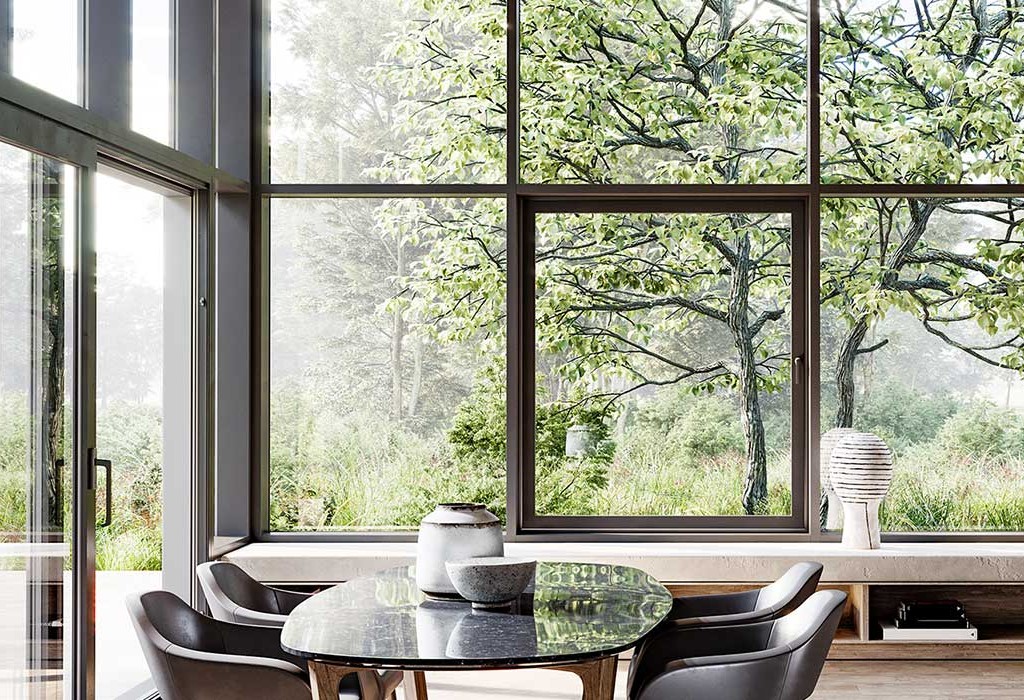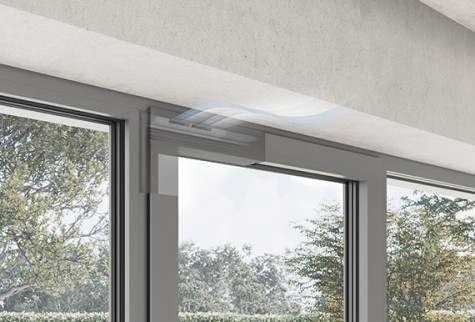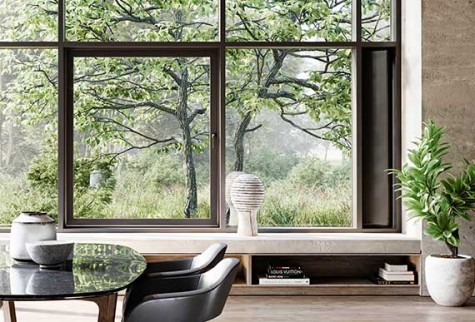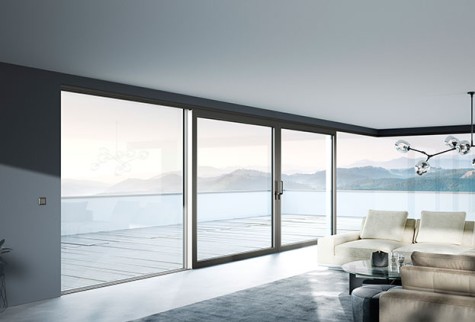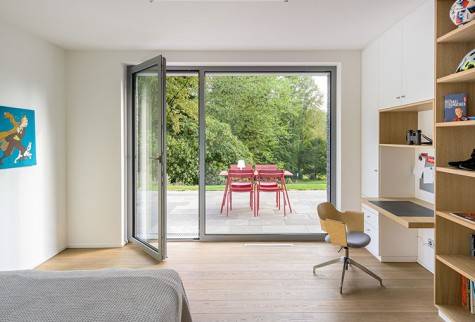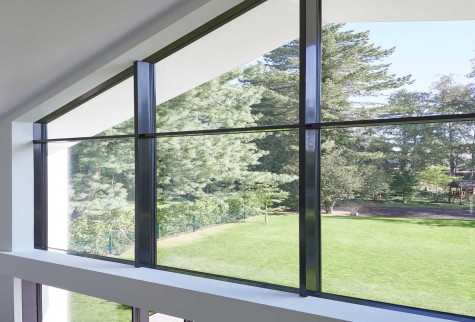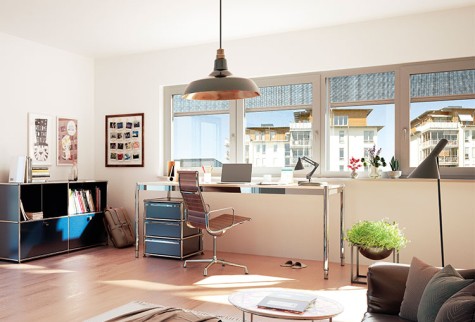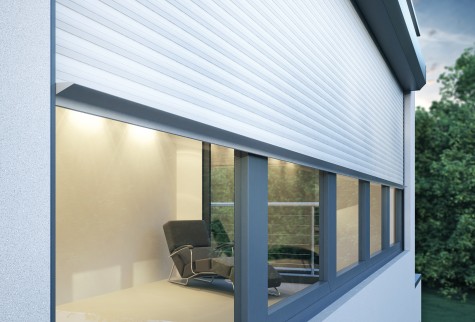Good ventilation of closed rooms positively affects our performance, it prevents the formation of mould and reduces viral loads. A distinction is made between different types of ventilation, depending on how the room is used.
Opening the window completely instead of leaving a smaller gap open
If you spend most of your time in one room, you should ventilate it about every two hours. Ideally, the window should be opened completely, and a brief cross flow of air from one window to another or from an open door to the window should be made possible. This ensures the best possible air exchange. The more people there are in a room, for example in offices, the faster the CO2 level rises and the more often it should be ventilated.
The aim should be to ventilate at least 3 to 4 times a day. Depending on weather conditions and temperature, the duration of ventilation should be between 5 and 30 minutes. Especially in the winter months, you should better ventilate for a shorter time in order to prevent the rooms from cooling down too much. Room temperatures should not fall below 16 °C (61 °F).
Avoid constant ventilation by leaving a smaller gap open (tilted windows), as this can lead to high losses of warm air and cold wall surfaces.
Adapt your ventilation concept to the use of the room
Different rooms require different ventilation methods. For example, in rooms with sources of moisture, such as bathrooms or kitchens, where there is often too much moisture in the air, you should always ventilate with the windows wide open. This way, condensation on walls and windows can be prevented. Make sure that the doors to other rooms are always kept closed, as this will keep the moisture and smells restricted to that room.
In contrast to other rooms, and depending on the season, you should always leave the windows of your bedrooms tilted or completely open at night, in order to be able to ensure the greatest possible air exchange. If you prefer to sleep with the windows closed, it is important to let lots of fresh air into the bedroom after getting up. Fresh air helps you to fall asleep quickly and promotes a restful sleep, therefore, it is recommended that you allow for some cross flow of air for another 10 to 15 minutes before going to bed.
Smart ventilation aids
Today, there are a number of different ventilation systems which offer an alternative to manual ventilation. The available devices range from window rebate ventilations through automatic ventilation flaps to complete ventilation systems, which are increasingly being used in new buildings, and ensure the supply of fresh air into the building around the clock. In addition to a completely mechanical window rebate ventilation, heroal offers a ventilation flap that can be opened either manually or in a motorised way, as well as electric drives with which windows can be controlled automatically via radio remote control or app. Even if you should happen to be not at home.

